13 Things You Should Never Throw in the Garbage (and What to Do Instead)
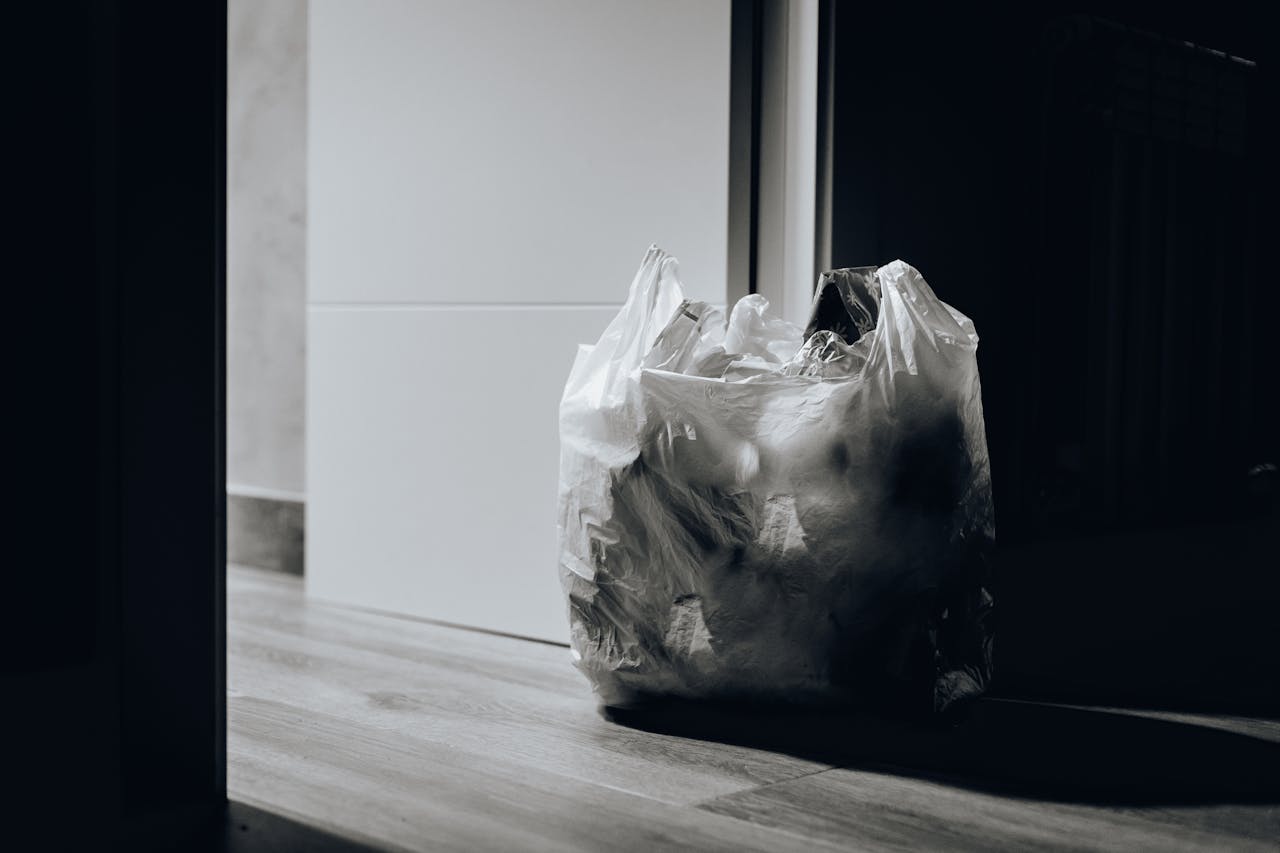
We all have items in our homes that, when they’re no longer useful, might seem like they belong in the garbage. However, throwing certain items in the trash can have serious consequences for the environment, waste management systems, and even our health. Some materials release harmful chemicals when they break down in landfills, while others can be recycled or repurposed to save resources. Before you toss something out, take a moment to see if it’s on this list of 13 things you should never throw in the garbage — and learn what you can do instead.
1. Batteries
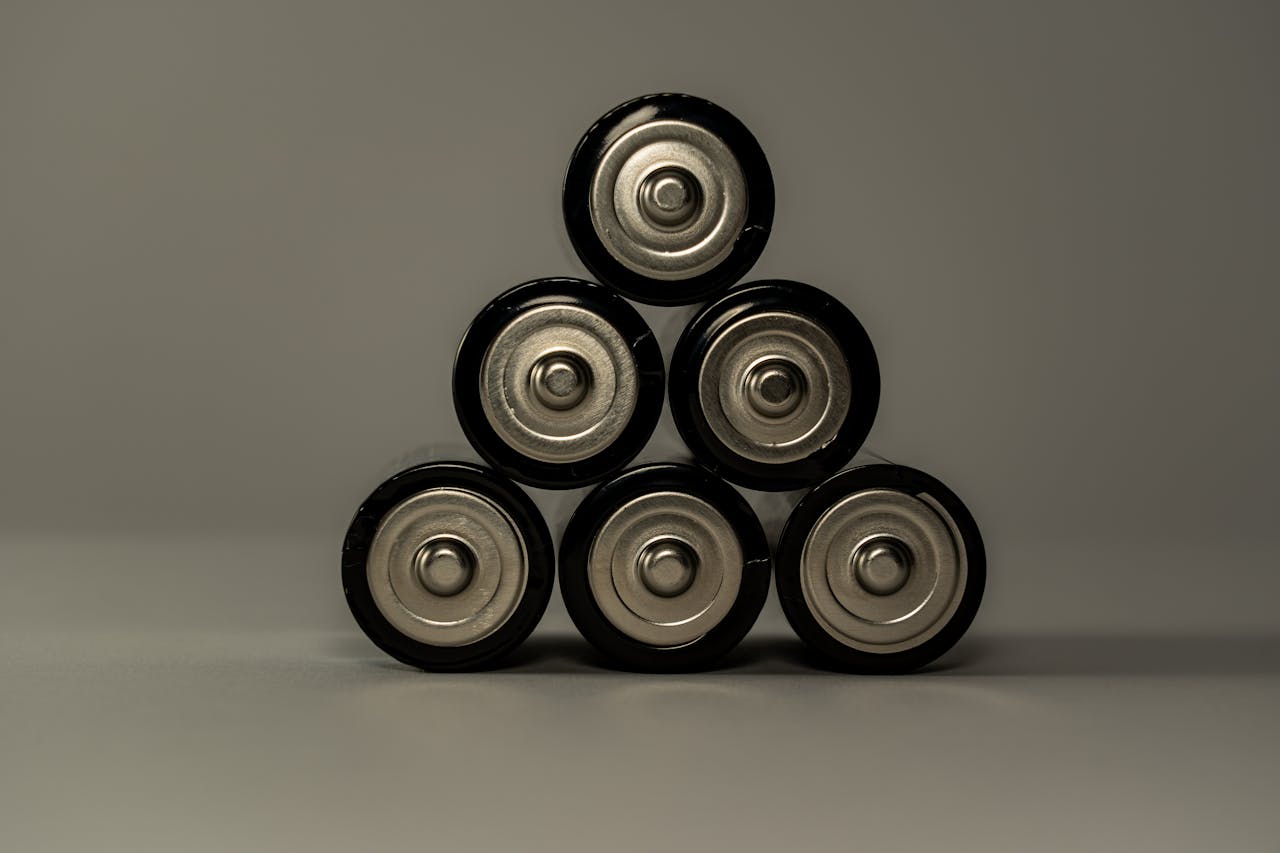
Batteries contain harmful chemicals like lead, mercury, and cadmium that can leach into the ground and water systems if not disposed of properly. Instead of throwing them away, many electronics stores and local waste management facilities offer battery recycling programs, and some municipalities even provide curbside pickup for these items. By recycling batteries, we can help protect the environment and reduce pollution, so it’s essential to check local guidelines to ensure responsible disposal.
2. Light Bulbs
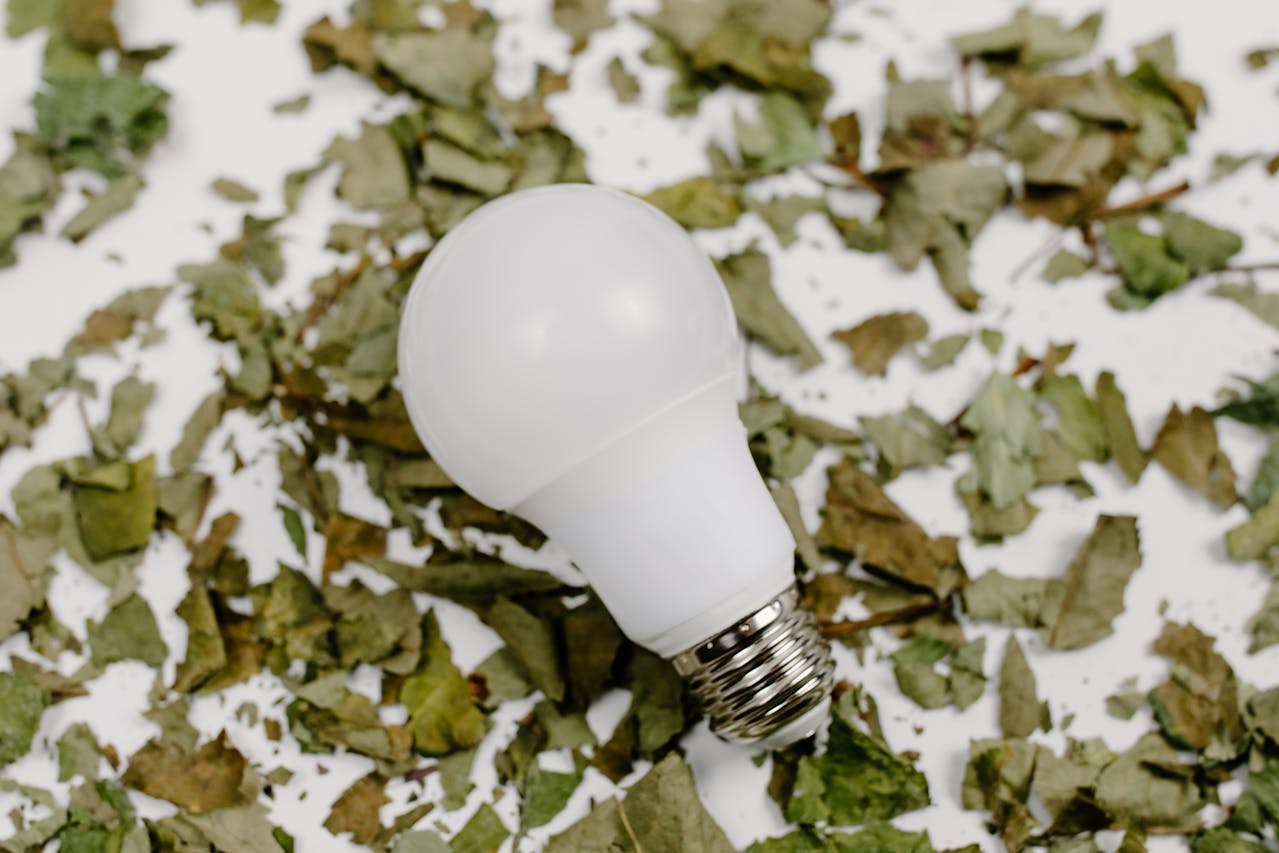
Fluorescent bulbs, such as CFLs (compact fluorescent lamps), contain small amounts of mercury, which, despite being minimal, is toxic and can lead to serious environmental harm. While LED bulbs are less harmful, they too should be recycled. To ensure proper disposal, check for local recycling programs that accept light bulbs, or consider dropping them off at hardware stores that provide recycling services.
3. Electronics
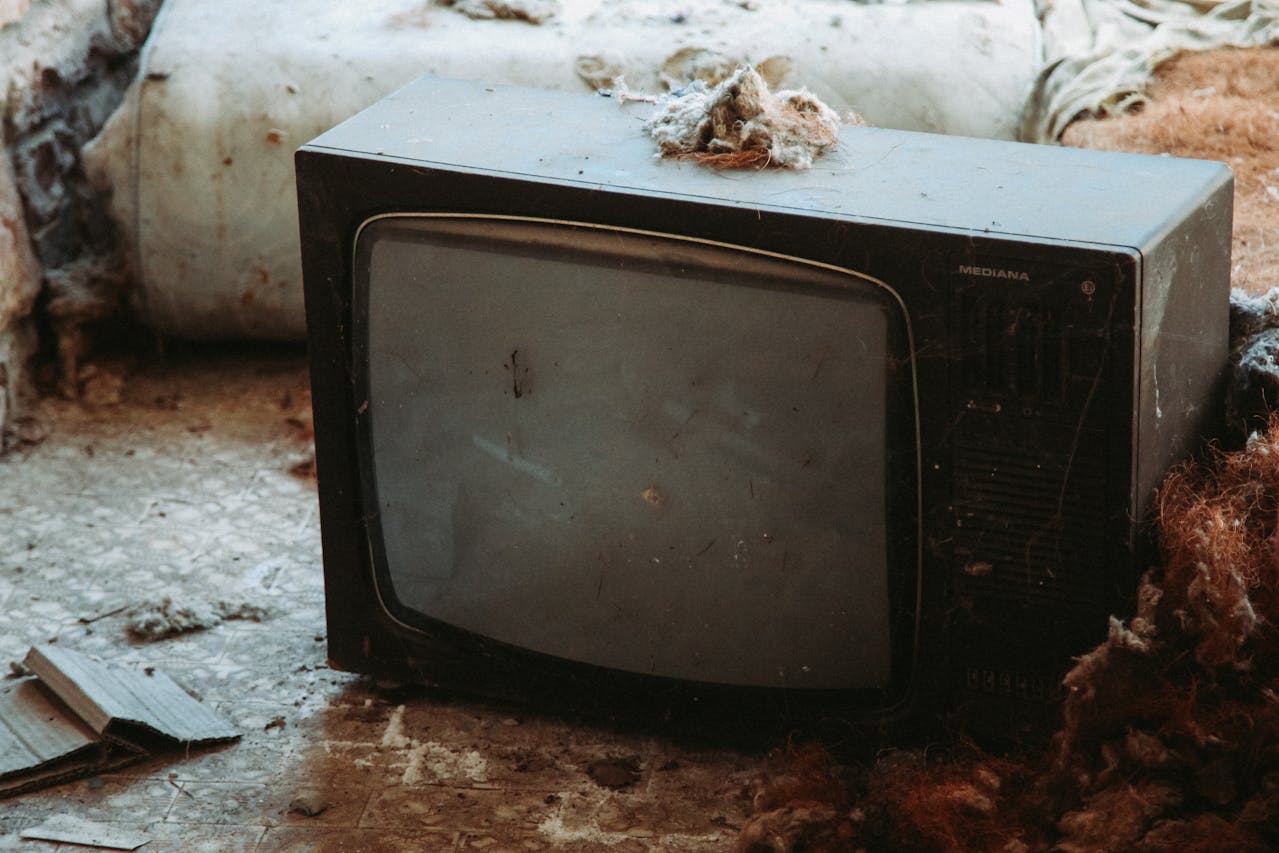
E-waste, including old phones, computers, and televisions, is composed of valuable materials like copper, gold, and aluminum, along with toxic substances such as lead and mercury. Disposing of these items in the trash leads to pollution and wasted resources, making it essential to recycle them properly to protect our environment. By choosing responsible disposal methods, we can conserve natural resources and reduce harmful impacts on our planet. Instead of throwing them away, seek out an electronics recycling center or retailer that accepts old devices, or take advantage of trade-in and take-back programs offered by many manufacturers.
4. Medications

Flushing medications down the toilet or tossing them in the trash can harm water systems and wildlife, as pharmaceuticals can seep into the soil and water, affecting aquatic life and ecosystems. This contamination disrupts food chains and poses risks to human health, making responsible disposal of medications essential for environmental protection. Instead of improper disposal, many pharmacies, hospitals, and law enforcement agencies offer medication take-back programs, along with designated drug disposal events in many communities.
5. Paint
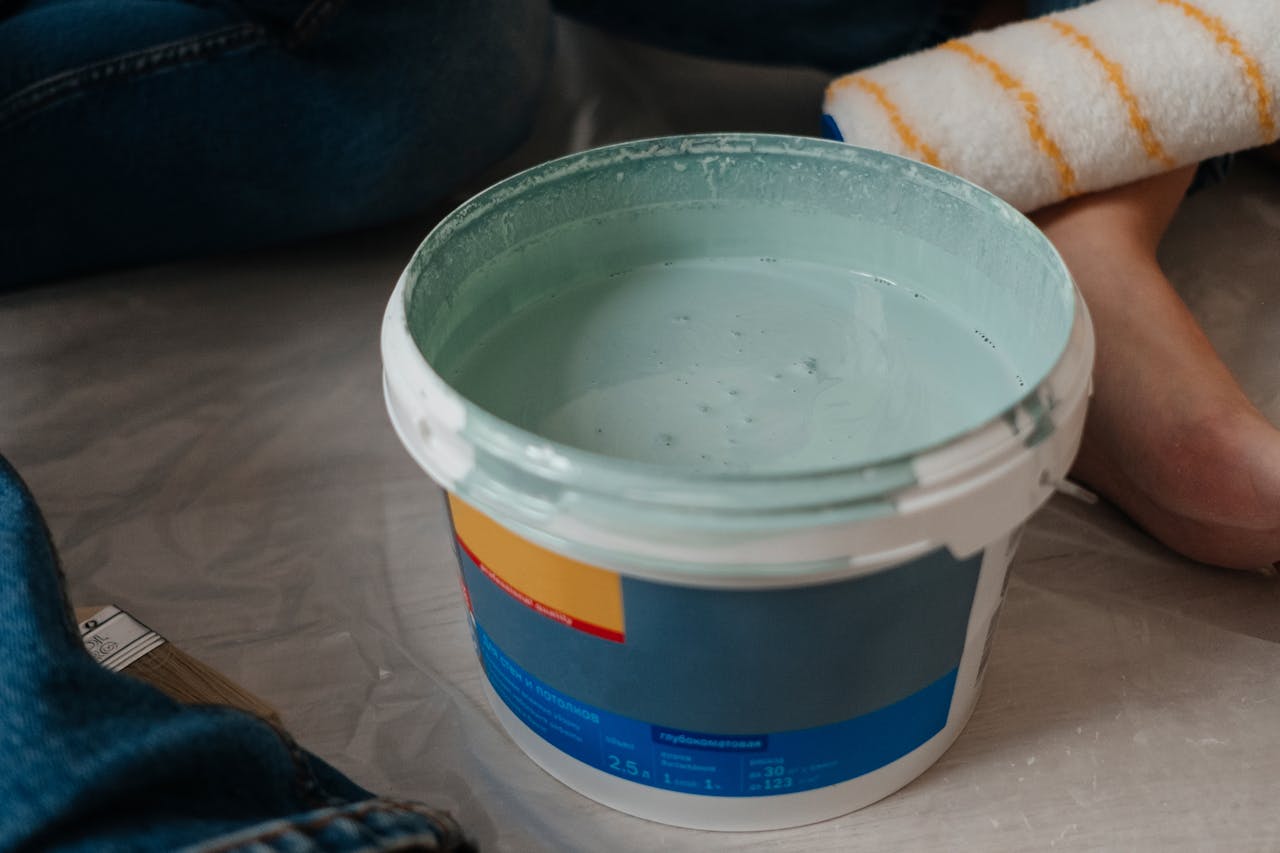
Old paint and paint cans should never be discarded in the garbage due to the risk of chemicals leaching into the soil and water, leading to contamination. While oil-based paints are deemed hazardous, latex paints are less harmful but still require careful disposal. Instead of throwing them away, check for hazardous waste collection events in your area or visit a local recycling center, as some communities offer special drop-off points for paint. Alternatively, you can dry out small amounts of latex paint and dispose of them properly.
6. Cooking Oil
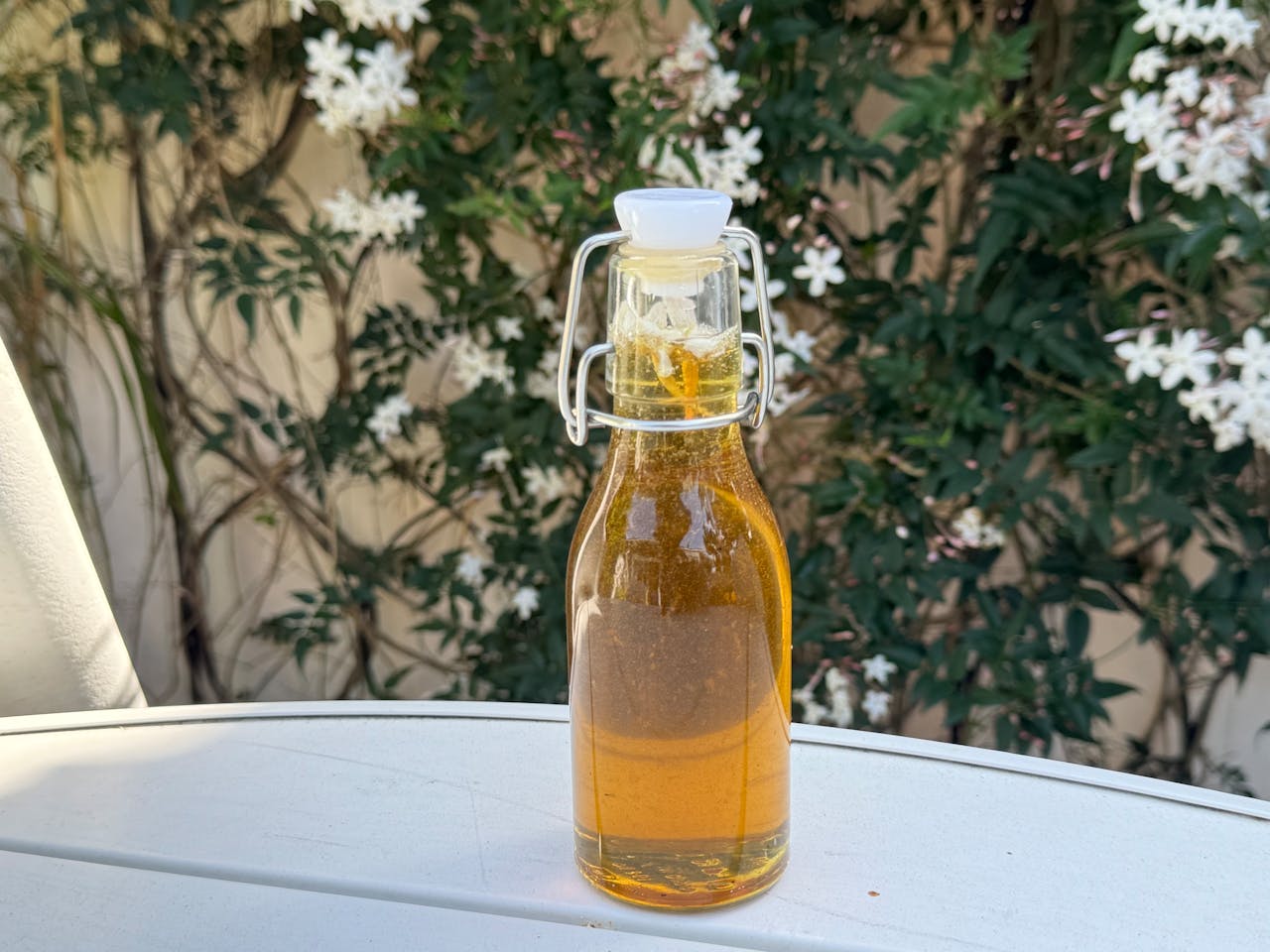
Pouring used cooking oil down the drain can clog pipes and harm municipal water systems, while throwing it in the trash may seem harmless, it can create problems in landfills by attracting pests and causing foul odors. Instead, cool and solidify the used cooking oil and dispose of it in the food waste or compost bin. Additionally, some areas have recycling programs for used cooking oil, allowing it to be converted into biodiesel.
7. Aerosol Cans
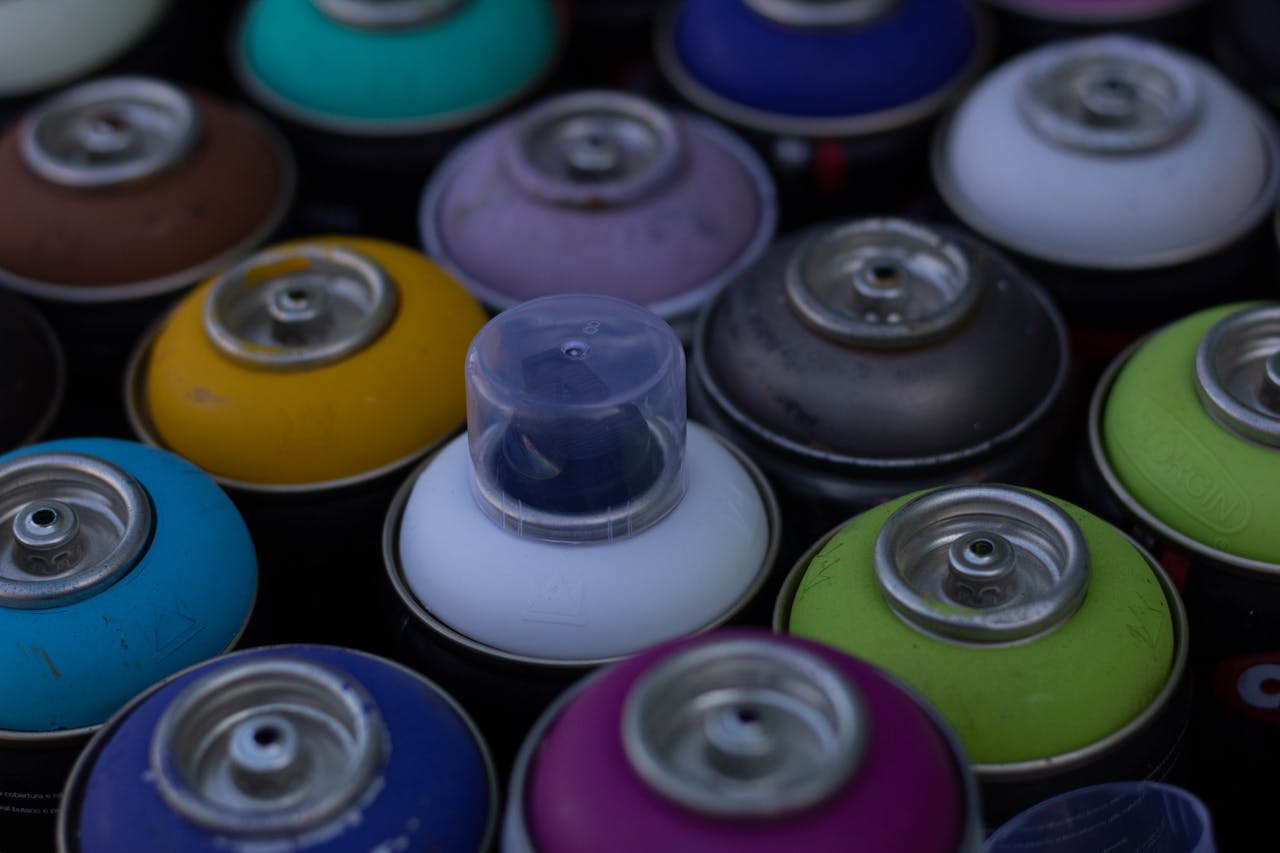
Aerosol cans are pressurized containers that can explode if exposed to heat or punctured in landfills, and many contain chemicals harmful to air quality and the environment. Understanding the risks of improper disposal is crucial, as it can lead to pollution and safety hazards. To protect our environment for future generations, it’s important to recycle or dispose of these cans correctly. Instead, take empty aerosol cans to a hazardous waste facility or find a recycling program that accepts them, ensuring the cans are completely empty before disposal.
8. Pesticides

Pesticides contain hazardous chemicals that pose risks to human health and the environment; if discarded in the trash, these substances can leach into the soil, polluting groundwater and harming wildlife. Instead, it’s important to contact your local hazardous waste disposal center for safe disposal of pesticides. Many communities offer scheduled drop-off days for hazardous materials, including household chemicals like pesticides, ensuring they are handled properly and do not contribute to environmental damage.
9. Ink Cartridges
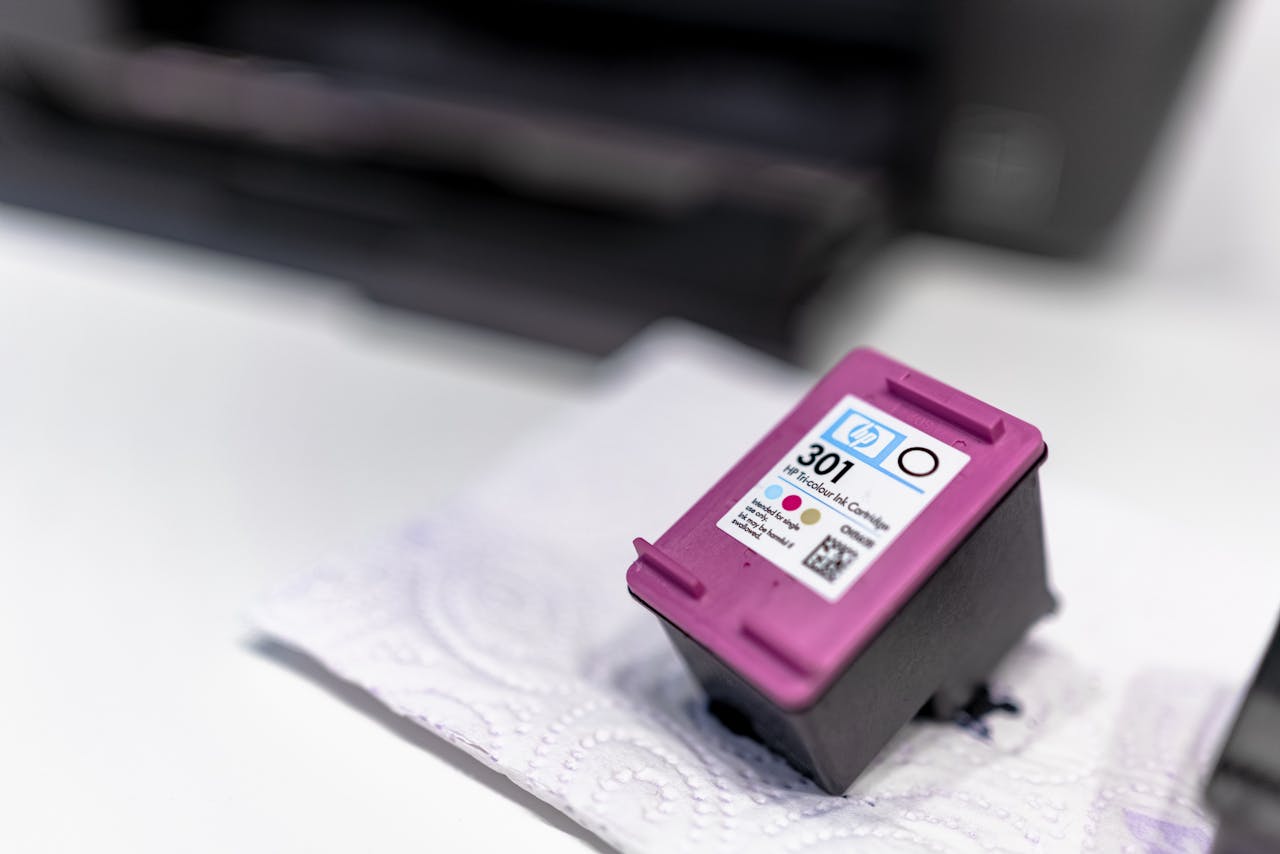
Printer ink and toner cartridges are composed of plastic, metal, and electronic components that take hundreds of years to decompose, with leftover ink potentially seeping into the environment and causing contamination. Instead of disposing of these cartridges, many office supply stores and printer manufacturers provide recycling programs where you can drop off or mail in used cartridges for recycling. Some of these programs even offer incentives like discounts or rewards for returning your used cartridges.
10. Thermometers
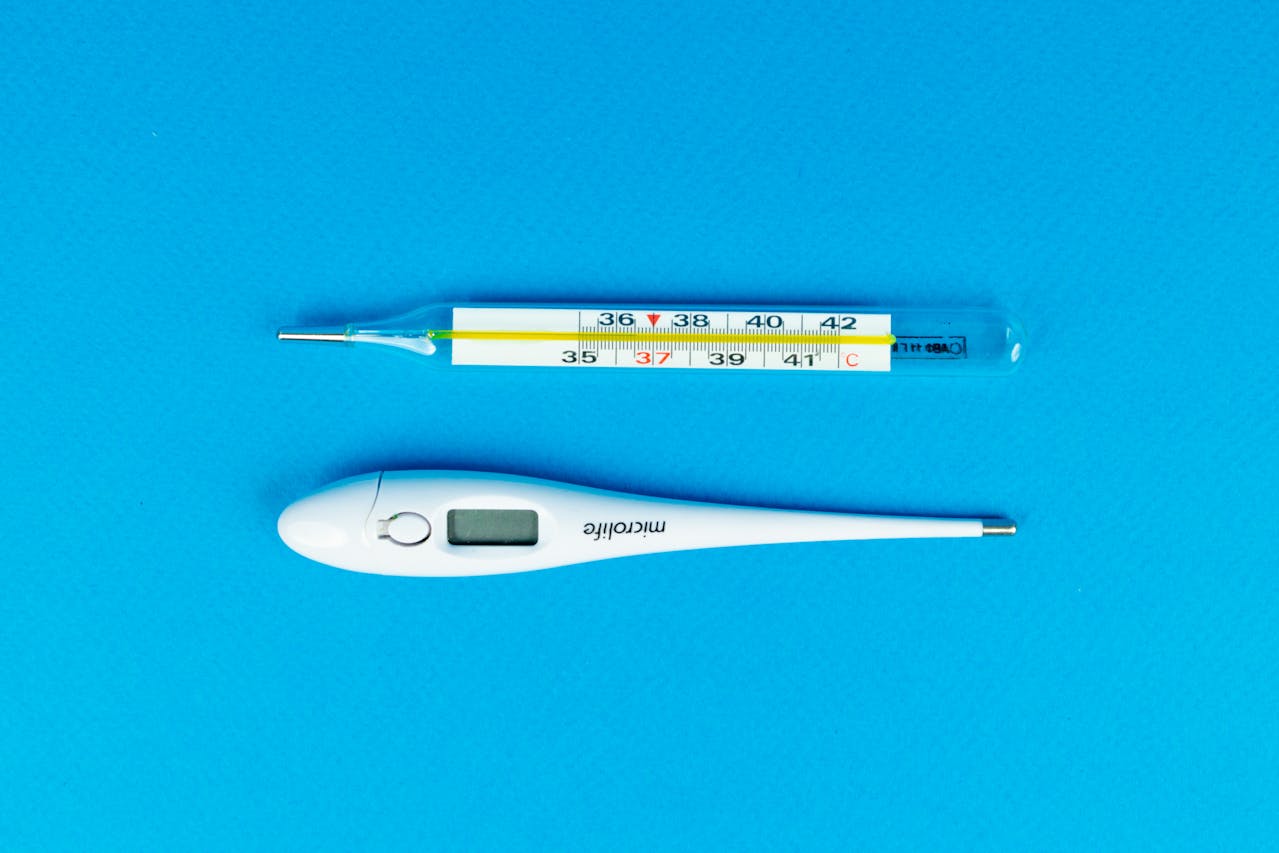
Older mercury thermometers can pose significant health and environmental risks if broken, as mercury is a toxic substance that can severely damage the nervous system, lungs, and kidneys. Instead of disposing of them in regular trash, it’s important to take mercury thermometers to a hazardous waste disposal facility. Many local governments and health departments also provide mercury recycling or exchange programs, offering safer alternatives.
11. Motor Oil
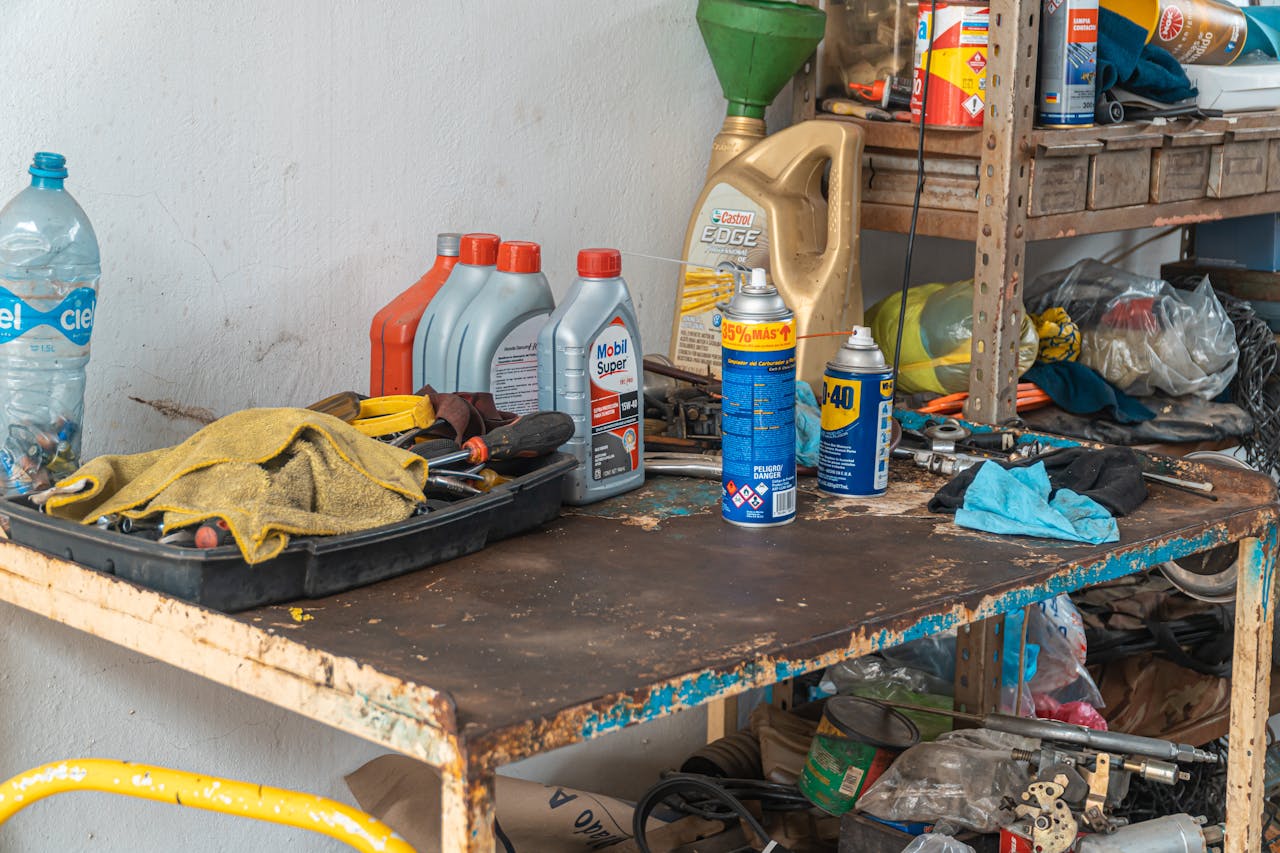
Used motor oil contains harmful contaminants like heavy metals and toxins that can negatively impact the environment. Disposing of it by pouring it down the drain or throwing it in the trash can pollute water systems and damage ecosystems. Instead, most auto repair shops and service centers accept used motor oil for recycling, and you can also take it to a designated recycling center that specializes in hazardous waste.
12. Clothing and Textiles

While it may be tempting to throw away old, worn-out clothes, it’s important to note that textiles can take years to decompose in landfills, and the dyes and chemicals in some fabrics can release toxins into the soil and air during this process. Instead, consider donating gently used clothing to thrift stores or charities. For items that are too worn out, explore textile recycling programs or repurpose them into rags, quilts, or other household items to minimize waste and make a positive impact.
13. Plastic Bags
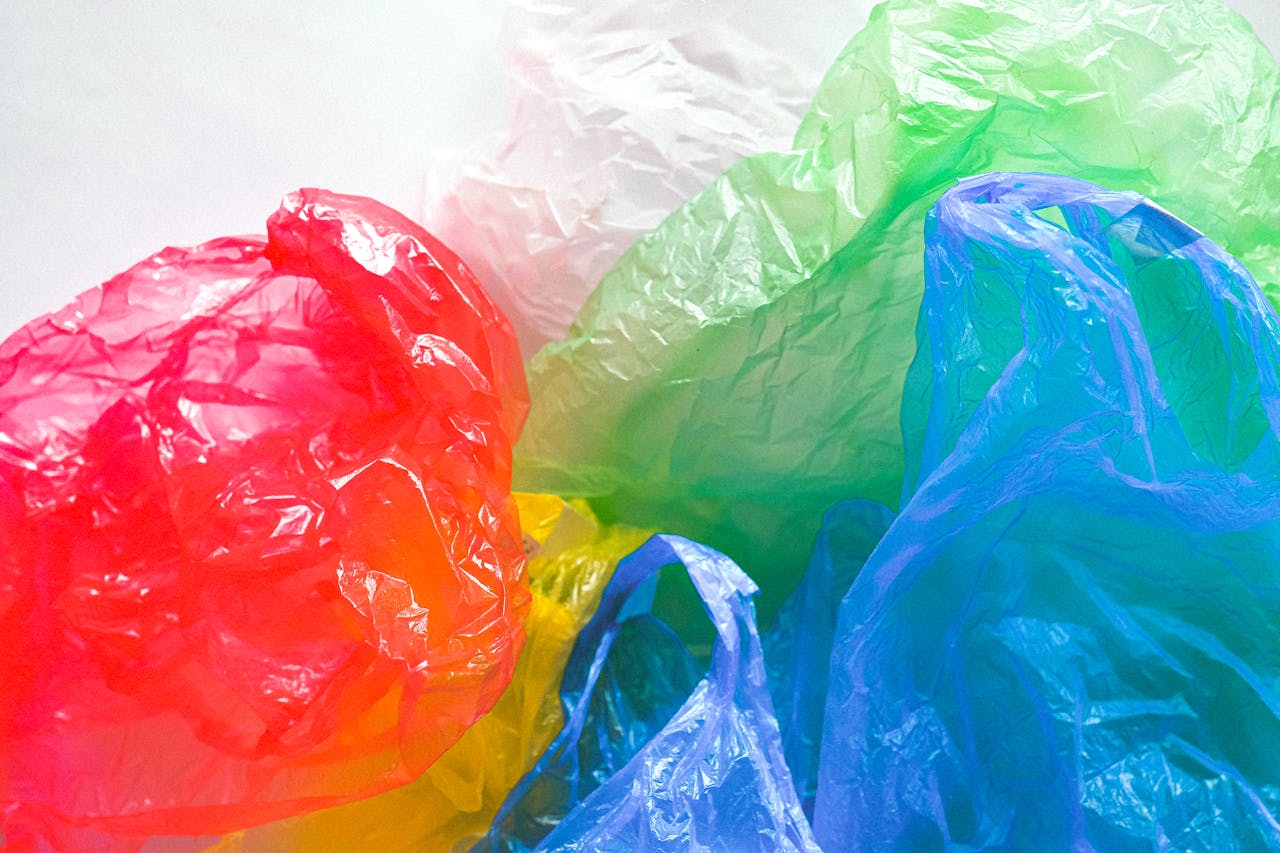
Plastic bags are among the most prevalent items in landfills, taking up to 1,000 years to decompose while causing substantial harm to wildlife, clogging waterways, and exacerbating the plastic pollution crisis. To combat this issue, many grocery stores and retail outlets provide plastic bag recycling bins, and making the switch to reusable bags is an effective way to reduce overall plastic waste.
Final Thoughts
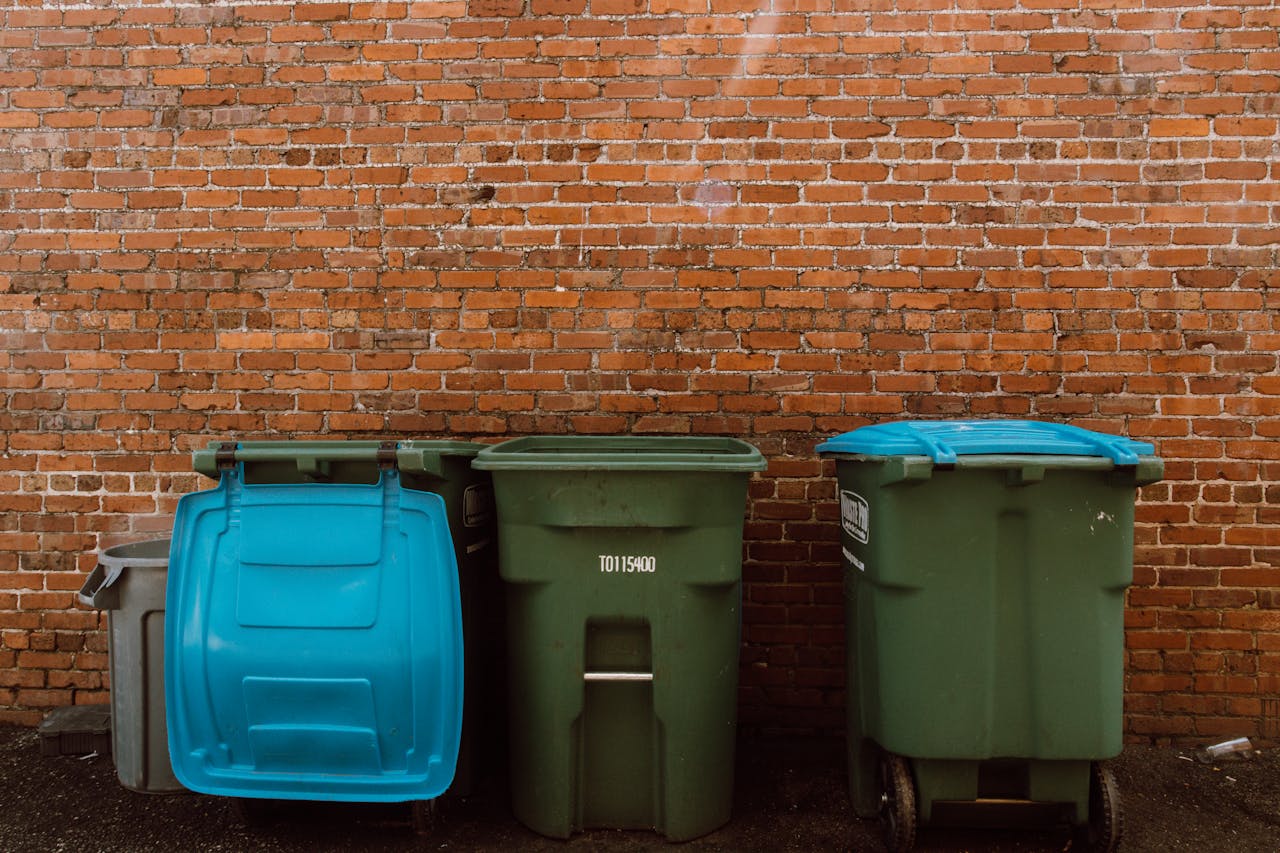
Proper disposal of household items may seem like a small task, but it can have a significant impact on the environment and human health. By following these tips and finding responsible ways to dispose of common items, we can all make a positive difference in protecting our planet for future generations. Remember to always do your research and check with local resources for the best disposal practices in your area. Together, we can create a more sustainable world. Let’s each do our part to reduce waste and protect our environment.
Leave a Reply